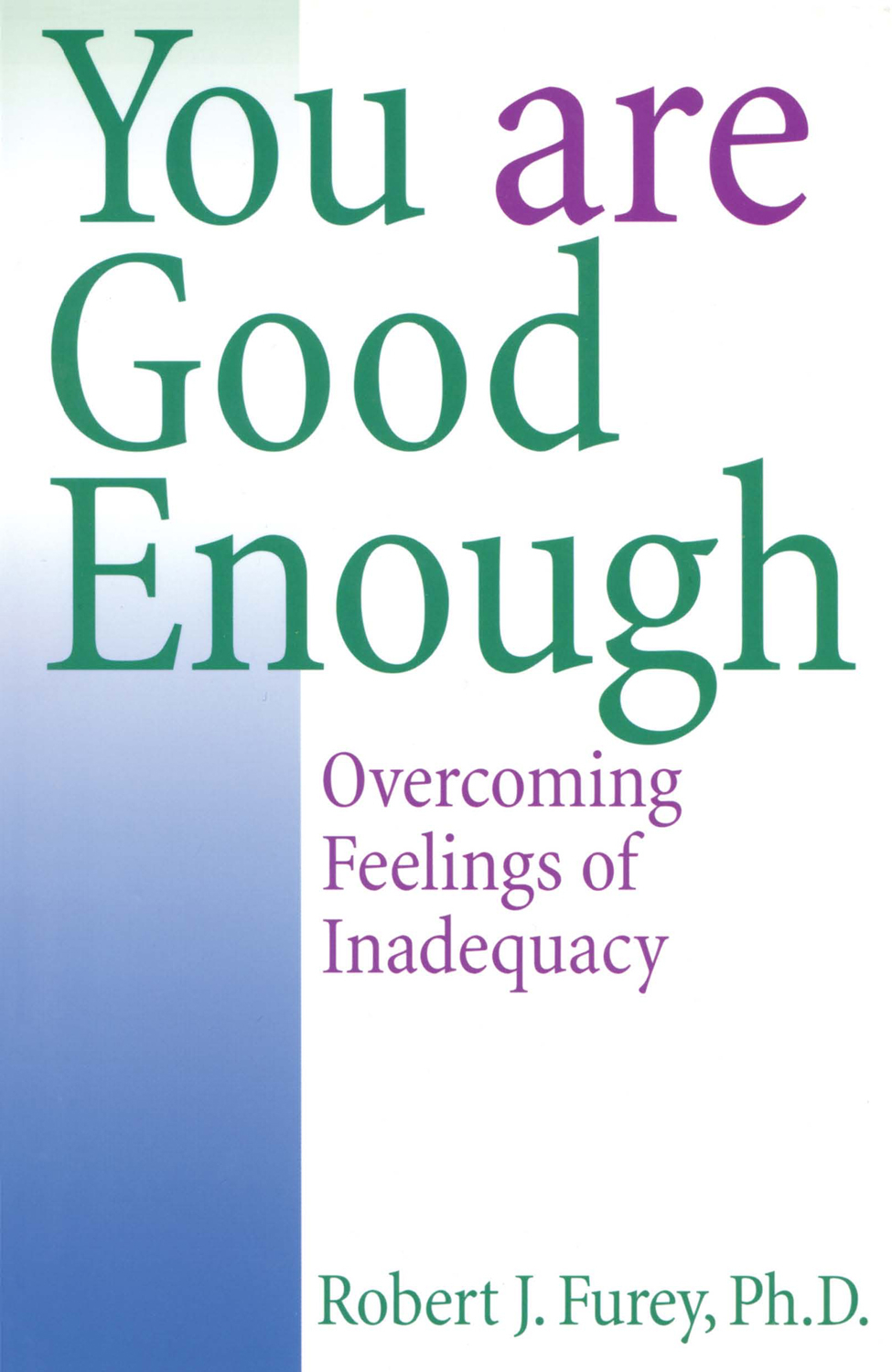- Title: You Are Good Enough
- Subtitle: Overcoming Feelings of Inadequacy
- Page Count: 144
- Available Formats: Trade-paper (9780824519575)
- Edition: Trade Paper
- Original language: English
- Retail US: Trade-paper (16.95)
- Retail Canada: Trade-paper (35.95)
- Retail Canada: 35.95

